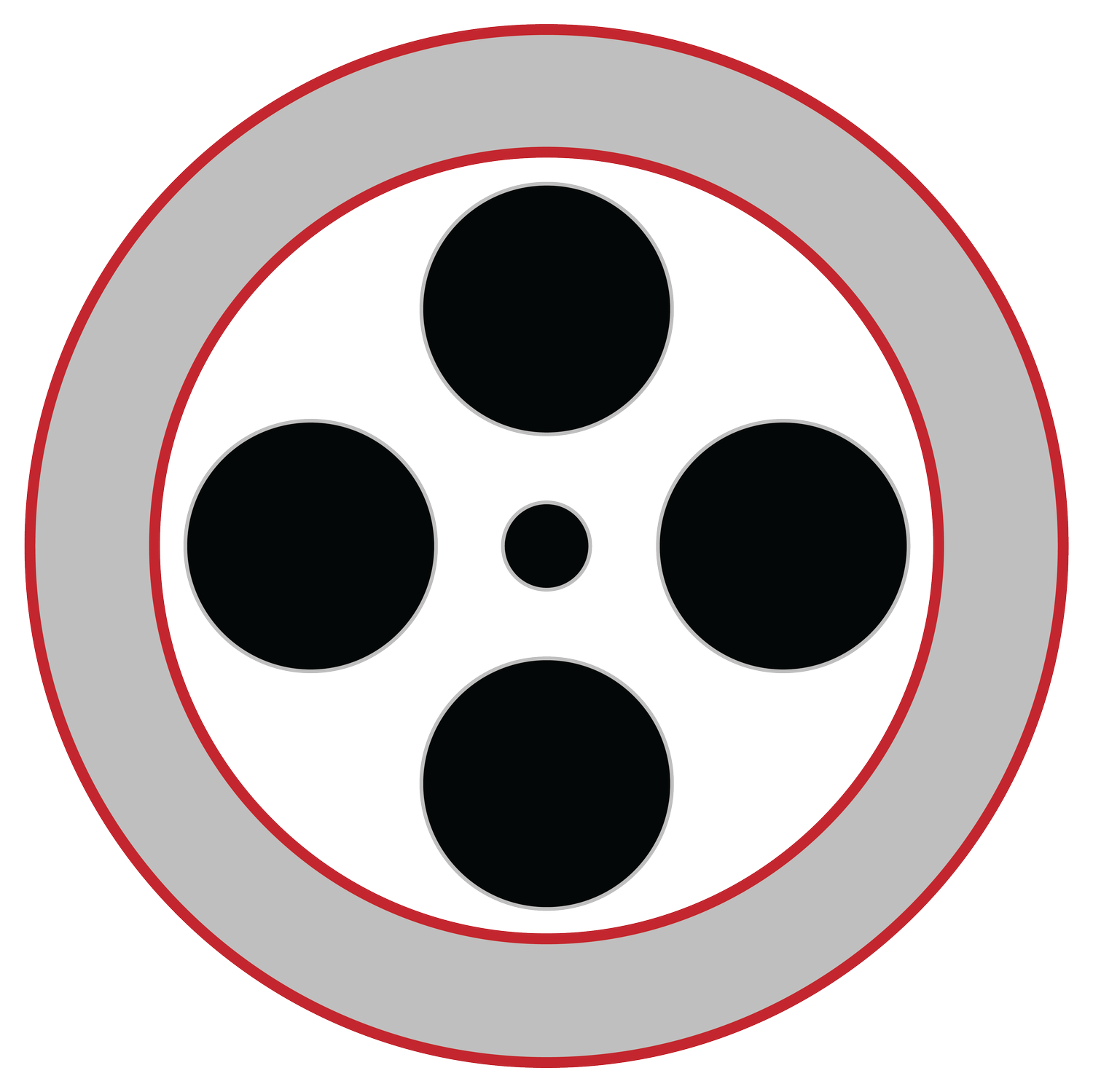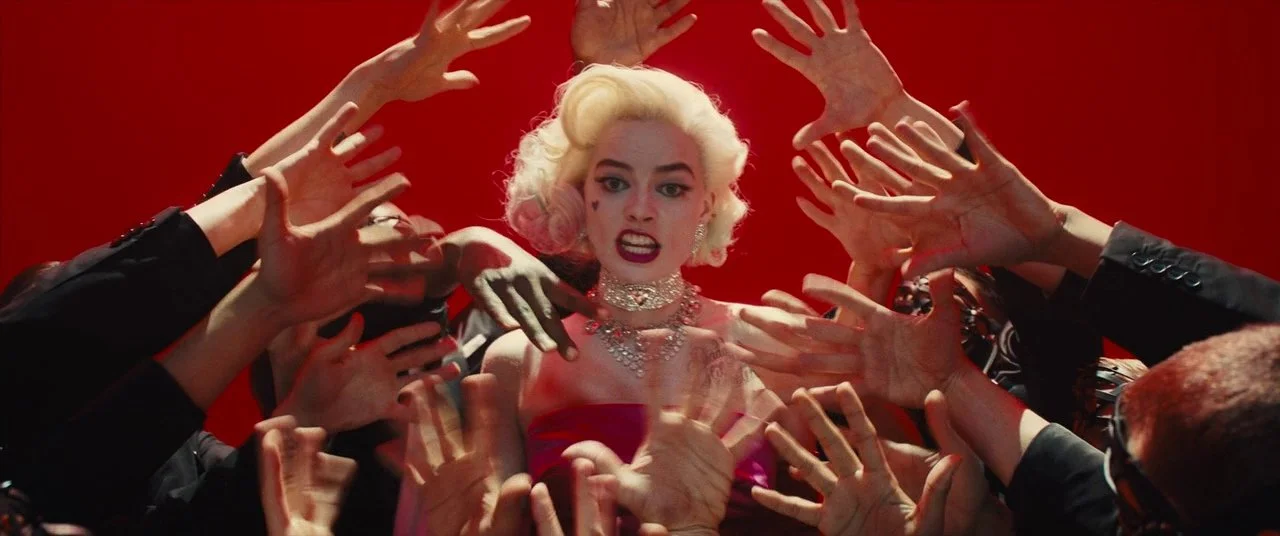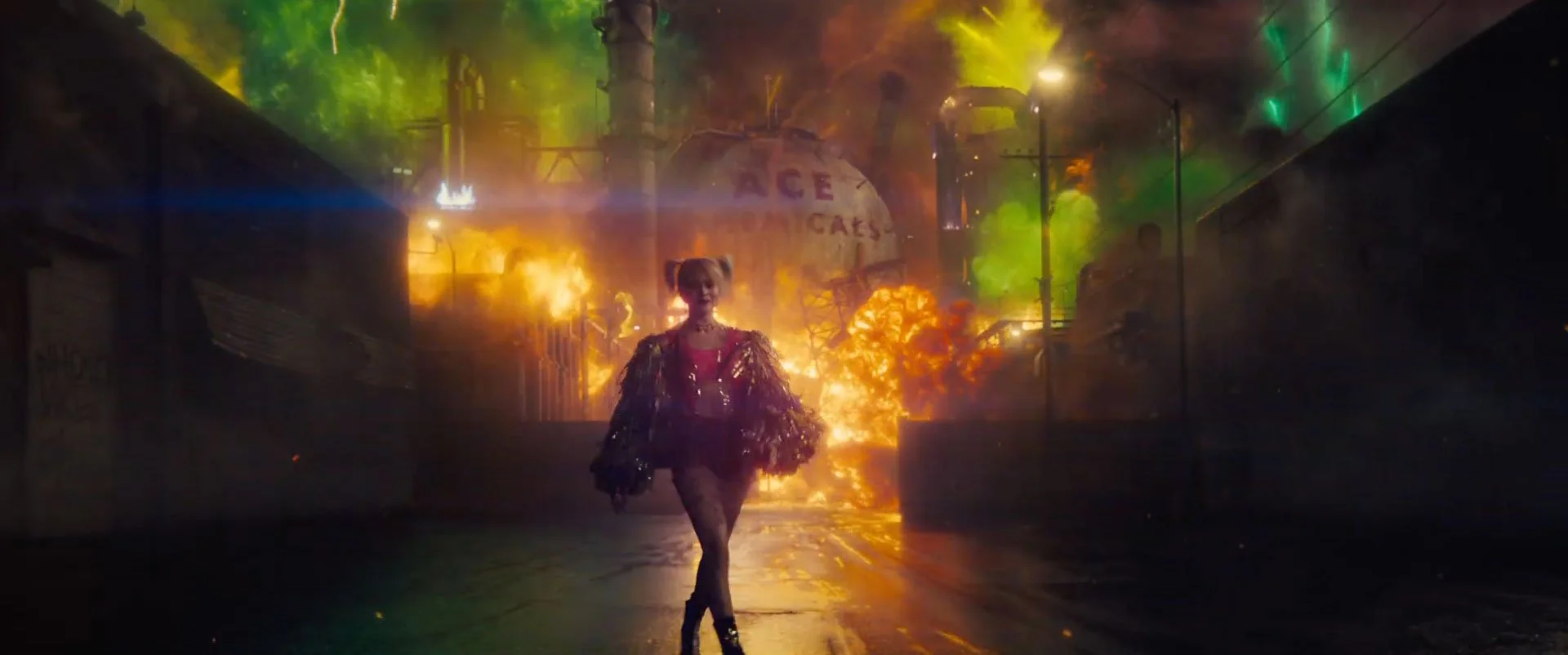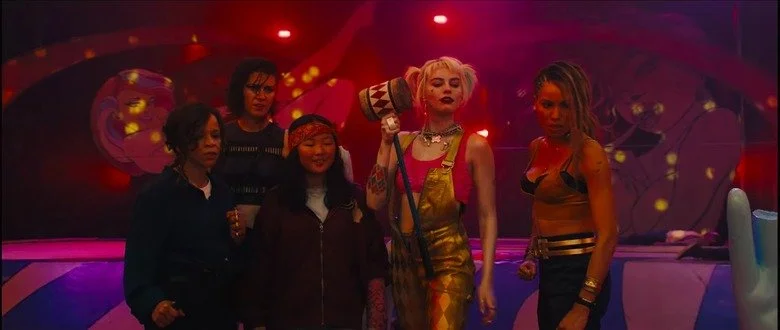Harley Quinn: Birds of Prey: A DCEU Retrospective (Part 8)
Rating – 7/10
**SPOILERS**
Look I know that’s not the official title, but I need you to understand that I’m not writing out Birds of Prey (and the Fantabulous Emancipation of One Harley Quinn) more than once in this review.
Welcome back to the DCEU Retrospective, where I feel like I become the first person to mention this movie since 2020. I am shocked by how little people seem to remember this. Birds of Prey feels like it should have been a bigger deal. It features the return of Margot Robbie’s Harley Quinn, got solid reviews upon release, and is a film centered around an all female superhero (technically anti hero) team, something not even the MCU has done. It’s not just that the film doesn’t get brought up much anymore. It feels fully forgotten. I wouldn’t be surprised if several people reading this completely forgot it happened, and I want to know why.
During and after the production of Suicide Squad in 2016, Warner Bros took note of the positive attention Harley Quinn was getting, and right away started planning various Margot Robbie starring spin offs. Most of these would join the legion of DCEU projects abandoned in development hell (at one point there was rumor of a Harley/Joker romance movie, because I guess glorifying a famously abusive relationship sounded like a neat idea. To be fair, this idea was very quickly turned into a versus movie instead). Birds of Prey was the only one to be put into production, probably due to Robbie’s active involvement in producing the film, and came out in February 2020. It was directed by Cathy Yan, written by Christina Hodson, and featured several DC characters never before realized on film. It was also the first DCEU film to receive an R rating, likely due to the billion dollar success of the R rated Joker movie from the previous year (still isn’t part of the DCEU, still isn’t getting reviewed. At least not in this series).
The thing with Birds of Prey is that it really isn’t a team-up movie. This is a Harley Quinn movie at its core, primarily focusing on her becoming an independent woman following a breakup with The Joker. The Birds of Prey part of it all feels secondary to Quinn. I have opinions on this aspect of the film, but for now we’ll look at what it is rather than what it isn’t. When I reviewed Suicide Squad, I went on a lengthy tangent about how I wasn’t crazy about Margot Robbie’s performance, as I felt she needed stronger material beyond her being excessively crazy. Thankfully, Robbie gets time to really act in this movie, with a few scenes to shed light on her feelings about who she is and how people perceive her without the Joker. They’re very sporadic, but add some solid layers. Aside from that, as a movie from Harley’s perspective, Birds of Prey doesn’t need to depict her through the grounded lens of Suicide Squad, and is free to embrace a kooky, offbeat comedic tone. It creates a very distinct tone in the DCEU, filled with bright colors, random humor, fourth wall breaks, and some mildly scatterbrained narration from Quinn. I can appreciate just how different this feels from the rest of the franchise, although I imagine some will make unfavorable comparisons to the Deadpool movies. Regardless, I can see a lot of people overlooking this and enjoying the humor and the feministic themes of Harley’s arc.
For me personally, a lot of the humor just didn’t land, namely when it’s just Harley and she can’t really bounce off anyone. The jokes can get a little too exaggeratedly silly, such as with Harley’s adoration of an egg sandwich, or her breaking a tense moment to say “oh a penny” and bend over to pick it up. It’s just a little too “haha that’s so random” for me, but I can see it working fine for other people, and that’s great (there is one really funny continuing gag where Harley pauses to identify the various people trying to kill her and their reasons for doing so). There’s also a bizarre transition into a musical sequence that just kinda happens in the middle of a scene, and ends just as quickly as it began. It feels like it’s meant to be a stylistic look into how Harley’s deranged mind sees the world maybe, but it only happens the one time and just kind of exists as a jarring little side note.
Overall, I still don’t know if I love Robbie’s Harley Quinn, but she’s better served in a film that’s more tailor made for her character, letting her be a little more than just “that crazy girl”. It’s a better showing this time around, but I have however come to the conclusion that I don’t enjoy listening to the accent Robbie does.
Unfortunately, the script for Birds of Prey needs some fine tuning. It’s solid, but there are issues that hold even the best parts of the film back. For one thing, the whole film seems to take place in about a day, giving Harley and other characters very little time to develop meaningful arcs and, more noticeably, relationships. Suggesting that the character development happens in only 24 hours feels unrealistic, as no one has really spent enough time with each other to make any connection feel warranted. The other members of the titular team are also woefully underserved.
Cassandra Cain is a young orphan who steals a valuable diamond and is caught by Harley, making her a target that ties all the characters’ stories together. However, she is rarely more than just a human plot device, and her relationship with Harley is the one that suffers the most from the film’s brief timeframe. Renee Montoya is a cop, and isn’t really much more than that (most of her dialogue is generic TV cop dialogue, which is framed as an intentional joke, but it feels like the writers just didn’t have a clear idea of who this character is). Better served is Black Canary, a lounge singer caught up in the shady criminal organization hunting Cassandra. Jurnee Smollett does well in the role, as she brings a grounded world weariness that contrasts well with Harley, handles herself well in action scenes in particular, and has an amazing singing voice, but doesn’t really get much of a character arc to work with.
The most frustrating part is the final member of the team, Huntress, played by Mary Elizabeth Winstead. A crossbow wielding assassin seeking revenge for the massacre of her criminal family, Huntress is easily the most entertaining character due to her badass nature being offset by overwhelming social awkwardness. Winstead delivers all of her lines with a mixture of deadpan snark and discomfort, getting the most genuine laughs of the film. What sucks though is the fact that she has almost nothing to do with the story. Her side plot is completely unrelated to anything else going on, and she only appears sporadically until an hour in, when we finally get an introduction and backstory to someone who’s allegedly one of the main characters. She doesn’t really interact with other characters until the third act (which she just kinda shows up to. Not even sure how she knew where to go), and by that point even hilariously acknowledges that she doesn’t really know what’s going on in the main story, and is just there to do her own thing. (When Harley finally suggests a team-up for the sake of group survival, all Huntress can respond with is a confused “sure?”.) It’s a huge shame that the most entertaining character is sort of awkwardly inserted into the film when convenient and seemingly included “just because”.
All that being said, the script does have its strong elements. Namely the motif of random acts of violence and discrimination towards women. A lot of these are very overt, such as the film’s villain, crime lord Roman Sionis (played by Ewan McGregor), humiliating a woman in his club for what he assumes is laughing at him, in a hauntingly realistic scene. However, more subtle examples loom throughout the film, such as the implied abusive household Cassandra comes from and the unspoken power dynamic between Canary and Sionis (her employer), in which Sionis frequently indicates dominance and possession over her. Cathy Yan directs these scenes with grace, but also starkness, giving the actions portrayed a distinct true-to-life quality. Ewan McGregor plays his part perfectly, bringing enough bombast, humor, energy, and charisma to keep his disturbing behavior just under the surface, where most can’t see it and some may forget it's there. His henchman, a psychopath named Zsasz (pronounced Zazz, rhymes with jazz, and played by Chris Messina), keeps the sadistic level of misogyny more in the open, clearly taking particular pleasure in harming women, but never outright saying it (to do otherwise would be far less effective than letting his actions speak for themselves). Yan and screenwriter Hodson allow these acts and behaviors to keep a deeply grounded tone, creating a subtextual layer of discomfort many female audiences will recognize. It creates a genuine sense of satisfaction when our lead characters team up, doing so to protect themselves and each other from continued violence being inflicted upon them.
With the more serious topics covered, I now feel comfortable mentioning that I recently learned Nicolas Cage was at one point considered for the role of Sionis, and in light of this I don’t think I can ever fully appreciate Ewan McGregor’s work here knowing of this tragic missed opportunity.
By far the strongest part of this film however is Cathy Yan’s direction. The film is full of vibrant pinks and neons, like Yan took the aesthetic Warner Bros forced onto Suicide Squad back in 2016 and made it actually work. I also love how her shots are composed, and action scenes are clear and easy to follow without sacrificing dynamic camerawork and choreography. There’s not much to say, the film just looks really good, simple as that. The aforementioned action scenes are also solid, especially in how they employ what looks like mostly practical stunt work. Chad Stahelski (the man behind the John Wick films) is credited as an additional director, and more than likely contributed to the quality of the fight scenes. I especially love how distinct the fighting styles of the main characters are, with Huntress having a focus on martial arts, Black Canary utilizing a kick heavy brawler style, and Harley employing acrobatics and occasionally what I can only describe as cartoon-like moves. The practical physicality of the action makes the differing styles and personalities of the leads really distinct, and I love how much effort was put into that.
I wouldn’t call Birds of Prey perfect, but it has a lot of strengths, and even I'm surprised to find myself rating it so highly. But the question remains: why did this lose money at the box office, and why does it feel forgotten today? I’ve managed to find a few explanations. For one thing, Birds of Prey is centered around a number of obscure characters. While Harley Quinn was marketed as the focus, the focus on the titular team in the (official) title suggested a more equal distribution of screen time, and obscure characters just don’t make as much money (Shazam! was also a victim of this, but still broke even). Now you may be thinking that the MCU made millions, sometimes billions, from lesser known characters all the time, and you’d be right. The difference is that the DCEU in 2020 was still pretty much in shambles. There were still several announced projects that were still in limbo, and the continued involvement of Superman and Batman actors Henry Cavill and Ben Affleck had been unclear ever since Justice League (films focusing on both characters were among the more high profile projects stuck in development hell). This, combined with the move away from an overarching narrative for the franchise, made the future of the DCEU very unclear, and the franchise was rapidly gaining a reputation for being an absolute mess.
The MCU pulled off obscure characters because they have a history of crowd pleasing, popular films, and because they established an overarching narrative audiences got invested in. The DCEU did not have this reputation, and audiences were growing increasingly aware of this. The other problem Birds of Prey had was the R rating, which severely limited its audience. For one thing, younger fans of Harley Quinn. For another, most of the ticket buying audience for this film primarily marketed towards women were surprisingly men. The best I can figure is that the R rating (and the more obscure characters) turned a lot of potential female audiences away. R ratings also severely limit distribution in the famously lucrative Chinese market, which undoubtedly didn’t help. It’s unfortunate, as the R rating really doesn’t feel essential to the film. With just some extra blood and swears, it feels like a misguided creative choice added in at the last moment to capitalize on R rated comic book films, and it really seems that it backfired (it should be noted that China had a different problem in February 2020 that limited audiences a bit. That bad luck I’ve been hinting at for the DCEU is coming very soon).
It’s a shame that Birds of Prey didn’t get the recognition it could’ve, and even if not all of it works for me, it has a lot going for it. I honestly think that there’s a lot of people who would enjoy it, and I hope this movie gets a bit more of the attention it deserves. It’s a good time, with some strong production value and feminist themes, and while a bit flawed, it would be a shame for it to be forgotten.
In defense of audiences in 2020 however, that problem in China probably overshadows most films from that time in people’s memories. We all know it would become everyone’s problem soon, and the DCEU was no exception.









